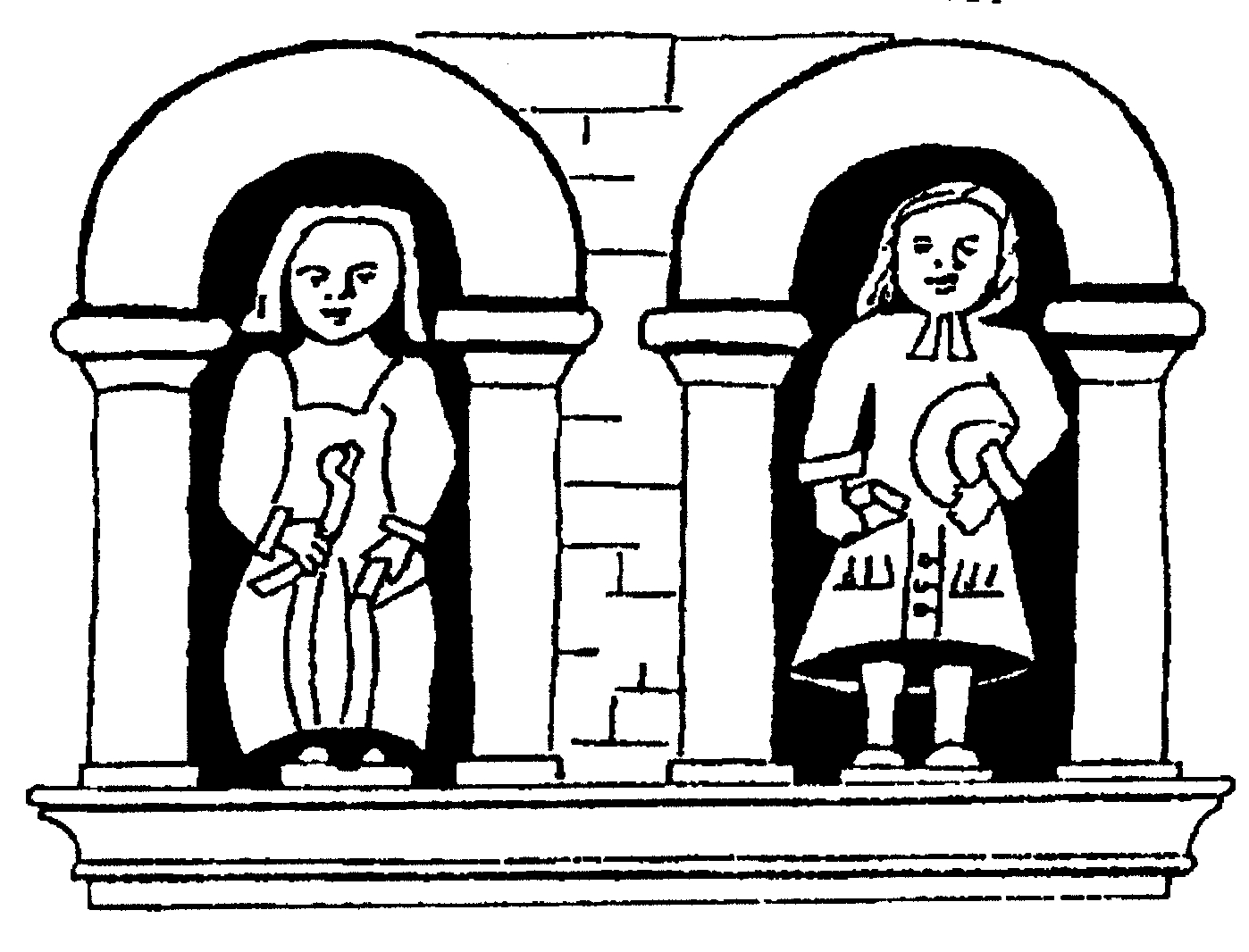Science
Science
Science Curriculum Intent
The child is at the very centre of everything we do at Burrough Green. Our science curriculum is built on strong, pedagogical principles, with every single child encouraged and nurtured to meet and achieve their potential. We make it our aim to discover what children are good at and to use this to promote a positive attitude to our science learning.
Our locality is reflected in the science curriculum we deliver as well as a need to prepare children for life in wider Britain and the wider world. They need to recognise the importance of science in every aspect of daily life. We want our children to appreciate how science has changed the lives of human beings and know that it is vital to the world’s future prosperity. Therefore, all pupils will be taught essential aspects of the knowledge, methods, processes and uses of science. They will learn a clear progression of skills and knowledge and links will be made with other subjects where possible – this only helps to link and embed learning.
Our curriculum is both broad and balanced, with opportunities for children to celebrate, share and learn about different cultures, beliefs and diversity. The curriculum content allows pupils to explore through an enquiry-based curriculum where there are no limits to learning and a clear development of skills learnt.’
Science Curriculum Implementation
The science curriculum at Burrough Green is based on good quality resources. The science curriculum has been written to give the children the best opportunities to link and embed learning. All subjects’ employ enquiry-based learning and every lesson is built around either a key question or skills-based learning.
The school has written the science curriculum to help reflect not only the locality in which we are situated, but also the diversity of modern day Britain. At Burrough Green, we have a culture of sharing the best practice and ensuring all of our learners have the best possible start in life. We endeavour to make links to our local community by inviting gardeners, farmers and vets to share their knowledge and experience with the children. The children will learn about scientists with links to their unit of study to help them see science in action and its impact on their everyday lives.
Each unit of work has a strong element of investigation to develop children’s enquiring minds as well as a clear knowledge content to build on both their prior and next stages of learning. The science curriculum also includes TAPS investigations from the Primary Science Teaching Trust, allowing the teacher to assess the childrens’ skills in planning, doing and reviewing, these are aimed at nurturing the skills of being a young scientist.
We seize opportunities to further enhance the curriculum and grow enthusiasm in science. We celebrate the annual, whole school science week and many year groups also make use of the extensive gardening areas for growing; much of the produce is then used in the school kitchen, creating tasty dishes for all to enjoy. In addition to this as part of the Ogden Trust school partnership we have a bank of up to date and relevant resources to support the childrens’ learning.
Science Non-Negotiables:
- Scientific vocabulary shared, taught, displayed and revisited.
- Scientific enquiry equally weighted with knowledge and understanding.
- Enhancement days/ Science Week activities in books as evidence.
- Teachers are to monitor children’s progress during and at the end of each science topic taught.
- Teachers are to monitor against the key skills for their year group and record them.
- Children will be recorded either as: working below, working at, or working above age-related expectations.
- Information will be passed onto the next class teacher.
Science Curriculum Impact
In order to monitor the effective teaching and progression of these key science skills across the key stages, a range of measures will be used:
- Pupils, parents and staff are consistently and regularly consulted about the curriculum and the impact it makes.
- The desired outcomes of the curriculum will ensure that pupils are well-rounded students, ready to embark on their high school education. Pupils will have an understanding of what they are good at and will have developed the appropriate skills to face their future challenges.
- Planning scrutiny focusing on the planned sequences of learning and skills across a year group and specific topics on both long-term and medium-term planning.
- Using ‘Comparative Judgements’ across year groups using an assessed enquiry to show depth of understanding and links across science skills – 1 per unit.
- ‘Book looks’ in children’s topic books to find examples of learning showing progression of skills.
- Reviewing and monitoring science key skills knowledge and vocabulary for each class to ensure that there is sufficient coverage of the key science skills being taught.
- ‘Pupil Perception Interviews’ with a range of children across the school once or twice a year to develop a better understanding of their interests and views on the science curriculum.
- Opportunities for sharing good teaching/activity ideas for the key science skills during staff meetings throughout the school year. The impact and measure of this is to ensure that children at Burrough Green are equipped with scientific skills and knowledge that will enable them to be ‘secondary ready’ and for life as an adult in the wider world.
